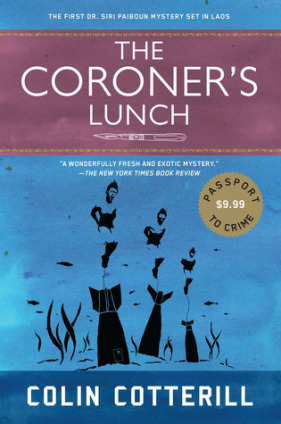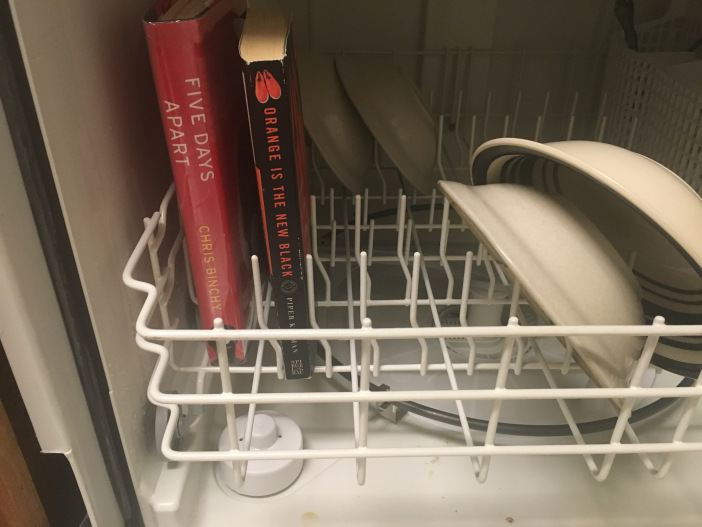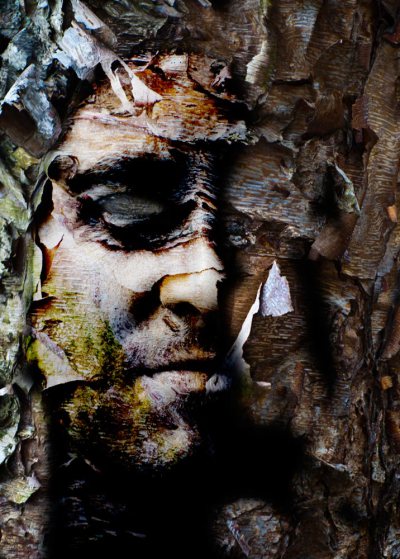
Since Trump’s election, I have had a hard time reading anything but escapism. Thus has started my new found love of mystery, you know: depictions of a world where justice, logic, and the public good win out in the end. Sheer utopian fantasy.
Set in 1970s communist Laos, the series follows the aged Dr. Siri as he gets inevitably wrapped up in a series of murders most foul. Enjoyable because the setting is so un-typical and marked by an interesting flight into the vaguely supernatural, this is a pretty by-the-numbers murder mystery yarn when you really get down to it.
This is the second murder mystery book that I have read set in communist countries during the historical past, the other being Child 44, a hunt for a serial killer in ’60s Soviet Russia. Here’s my bone to pick. I love the idea of murder mysteries in the Soviet block – the concept is brilliant, but the execution has left much to be desired. Both authors- Colin Cotterill and Tom Rob Smith – work overtime and are at extreme pains to show that their main characters are not communist and that the communist system was terrible and incompetent.
Both books have a whiff of insecurity about them – the “methinks she doth protest too much” – of having a main character who has been in the communist party for 40 years and remains totally uncommitted to the communist cause, or the Child 44, the main character goes from a Soviet Hero to being ripe for recruitment for the CIA in the course of a week. Both books labor to show the comical irony between the rhetoric and the reality to the point of drowning the actual story.
Much was made in marketing Child 44 of “how can you stop a crime that doesn’t exist” – the idea that crime and dysfunction was not recognised in Soviet Russia, so how can members of the KGP catch a serial killer when the official ideology cannot recognise any crime? Tom Rob Smith clearly didn’t dig into this idea too much. Taken rom Proudhon’s famous idea that “all property is theft,” communist theory developed the idea that most crime and dysfunction is a result of larger social systems. Thus classic Marxist theory postulates that under true communism, crime will gradually disappear (as there is nothing to steal, and the brutalisation of the human individual under capitalism will cease to produce broken people). The Soviets quickly adapted this notion as a part of their ideology as a propaganda tool.
Instead of the sinister utopia-lost of Soviet Russia playing out in the background as a extra layer of dread for the characters, instead of the prospect of the KGB trying to do something positive for once in a broken system, or the idea of an old communist trying to do what’s right, both books make their heroes self-conscious enemies of the state.
Clearly, I found The Coroner’s Lunch overshadowed by it’s failure to fully delve into the atmosphere of 1970s Laos. Perfectly enjoyable otherwise.
Advertisements Share this:





